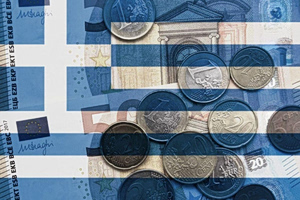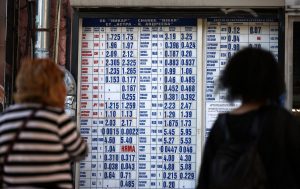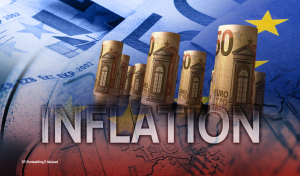tovima.com - Breaking News, Analysis and Opinion from To Vima’s International Edition
Latest News
-
Nationwide Strike by Food and Beverage Workers in Greece
-
Greek FM Gerapetritis in Madrid for Talks with Spanish Counterpart
-
Police Probe Motives in Nea Peramos Kidnap-Murder
-
Mitsotakis’ Constitutional Reform Push Reshapes Greek Politics
-
Severe Storms Trigger Floods and Landslides Across Greece
-
Greece Weather Tuesday: Northern Showers, Frost, Milder Highs
-
Taxi Drivers in Attica Launch 48-Hour Strike
-
Epstein Scandal Sends Shockwaves Through the British Establishment
-
Govt Eyes 2 Temporary Migrant Detention Camps on Crete
-
Digital Work Card System Rolled Out by End of 2026
-
Greek PM Reiterates Athens’ Standing Positions Ahead of Erdogan Meeting
-
What Does It Mean to Constitutionalise AI?
-
AI Traffic Cameras Document Thousands of Violations in Athens
-
Riviera Tower Reaches 40th Floor; 10 Remaining (Vid)
-
Yemen: A Country with 2 Souls and a Civil War Without End
-
How to Start Building Wealth in 2026
-
Trump: America, India Reach Trade Deal; Lower Tariffs Immediately
-
The Revenge of Paper
-
Major GHB Bust in Central Athens
-
Epstein Files Release Exposes Names of at Least 43 Victims, WSJ Review Finds
-
Tyler, the Creator Eyes a Film Collaboration with Yorgos Lanthimos
-
Melania Documentary Premieres in Athens
-
Eurostat: 19% in Greece Couldn’t Heat Homes in 2024
-
Video Shows Moments Before Victim Was Abducted
-
Latest Batch of Epstein Files Show Greece-Related Exchanges During Bailout Era



















